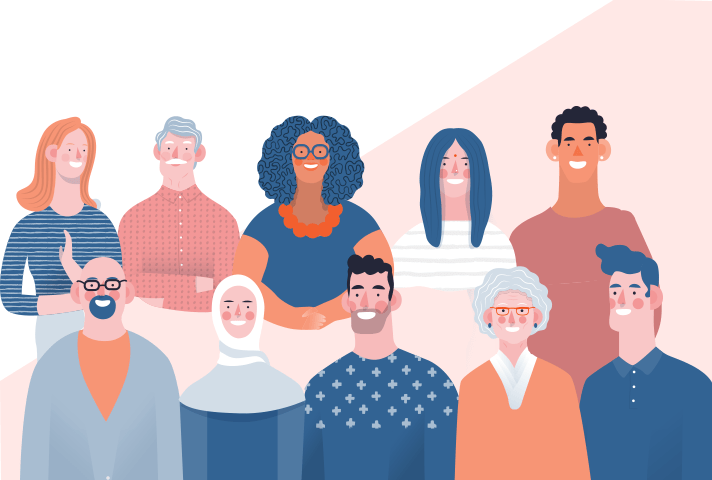 I was talking to a White friend of mine recently. During the conversation, they said that all those television advertisements showing diverse people, folks of many colors and sizes, and abilities, are “pandering.” This took me aback.
I was talking to a White friend of mine recently. During the conversation, they said that all those television advertisements showing diverse people, folks of many colors and sizes, and abilities, are “pandering.” This took me aback.
Maybe it’s because I’ve written about this at least twice. Here’s the second piece, because the comments to the first piece (which I linked to in that second post) were so filled with racist vitriol that it was exhausting.
The less vulgar responses were like what “Bruce” wrote: “My count of Blacks in commercials exceeds 33%… But blacks make up 14% of the population and only 10% of total consumption (commercials, after all, are all about stimulating consumption)…
“So explain that huge discrepancy. I surely don’t mind seeing diversity in TV ads. But they should reflect fairness relative to these respective groups’ overall economic impact. Otherwise, it’s just PC gone haywire.” As I noted, I grew up when there were NO people of color in TV ads and damn few on the programs.
It finally occurred to me that I was stating the premise incorrectly. Advertisements have always been aspirational. I can see myself in that new model T Ford. My new Frigidaire will keep my food fresher.
Frankly, I don’t watch many television ads, as I fast forward a lot through recorded programs. The shows I watch tend to be news programs. But even speeding through them, I can tell many, if not most, of the programs I watch, are for prescription drugs.
Let me be clear that I despise these direct-to-the-consumer Rx ads, which seem to run only in the US and New Zealand. Their goal is to remind Black women they can also have clearer skin. Hispanic men no longer have to suffer the embarrassment of ED.
These ads show diversity, not because they are “woke” or pandering but because they want to sell stuff – sometimes things you don’t need – to as many people as possible.
As author Walter Mosley speaks to CBS News about how much more buzz his new book, Every Man a King, is getting than any of his others, he notes it’s because of capitalism.
The Bachelor
Kareem Abdul-Jabbar, who incidentally appears in an ad about AFib, though not tied to a particular product, recently wrote about diversity in television. His example was The Bachelor, The Bachelorette, et al. I’ve never watched a single episode.
He asks a “simple question: Do reality shows (or TV shows and movies in general) have a responsibility to be aspirational as well as reflecting ‘reality’? By that, I mean, should a reality franchise with a vast audience and influence on popular culture merely reflect systemic racism, or should it aim higher in creating the kind of diverse world that we aspire toward?
“When you reflect systemic racism by not including a more ethnically diverse cast, then you are perpetuating that racism. For money.” He explains it well.
AAEEO
Another friend noted, “I’ve seen some media coverage of the Oscars. The whole thing seems like a study in overcompensation, as if ‘the academy’ feels guilty and hopes throwing everything at a single film can make up for decades of ‘in-crowd’ awards.”
The reference, of course, is to Everything Everywhere All At Once, a movie I extolled. It may be my favorite film of this century. (My friend hasn’t seen it for what I know to be good reasons unrelated to the ethnicity of the actors.)
My take: EEAAO was a film that would not have been made a few years ago, but it can now be with an Asian co-writer/co-director/co-producer. And that should be celebrated. I’m REALLY happy that I saw it at the cinema.
And it’s not just Asians being honored. Of the four acting winners, Michelle Yeoh is 60, Jamie Lee Curtis is 64, Ke Huy Quan is 51, and Brendan Fraser (The Whale) is 54. The guys had both been lost in the Hollywood wilderness.

My observation over my lifetime (Roger knows how long that has been!) is that when a previously un-represented group becomes publicly represented, there is a period of “overcompensation.” And yes, represented for profit by various industries. One of the indications that the group has “made it” seems to be when you start having them play villains rather than as underdogs or “misunderstood” individuals.